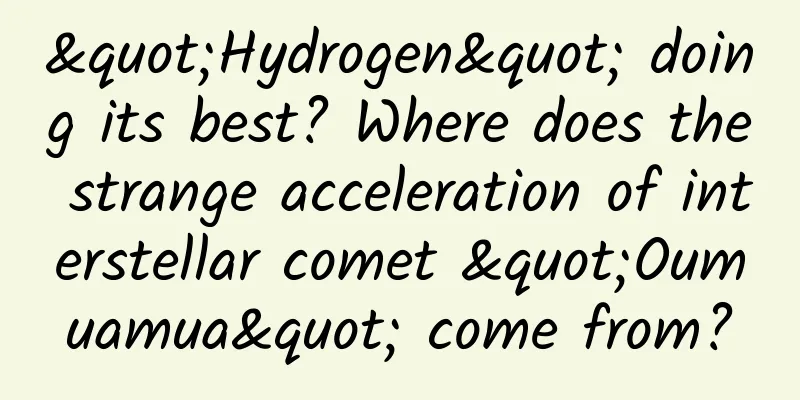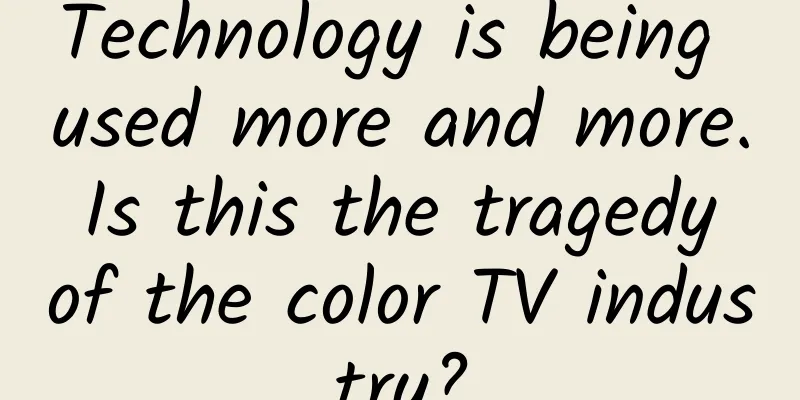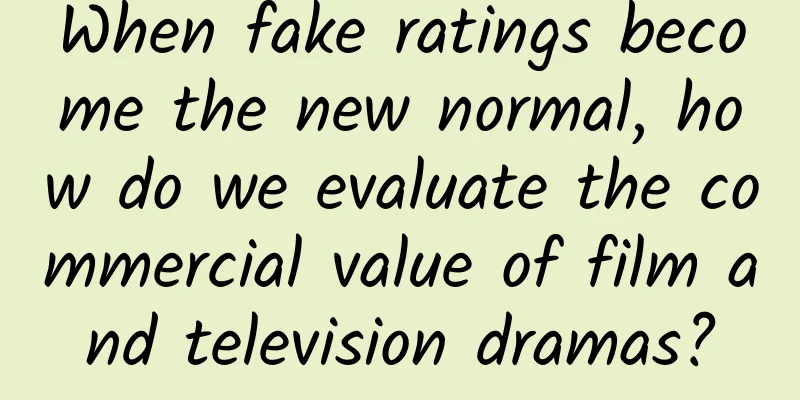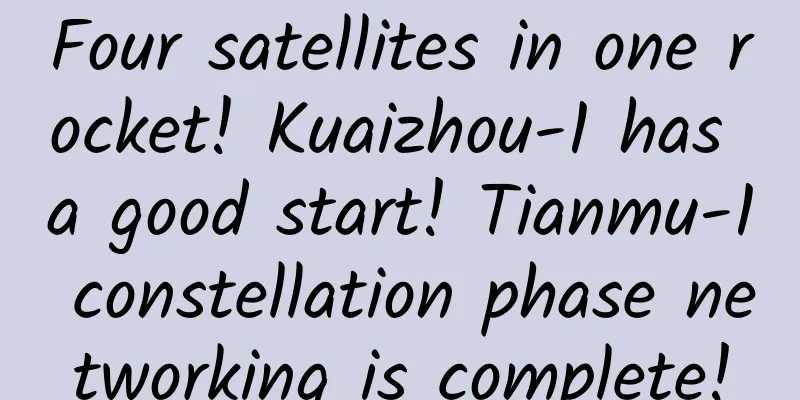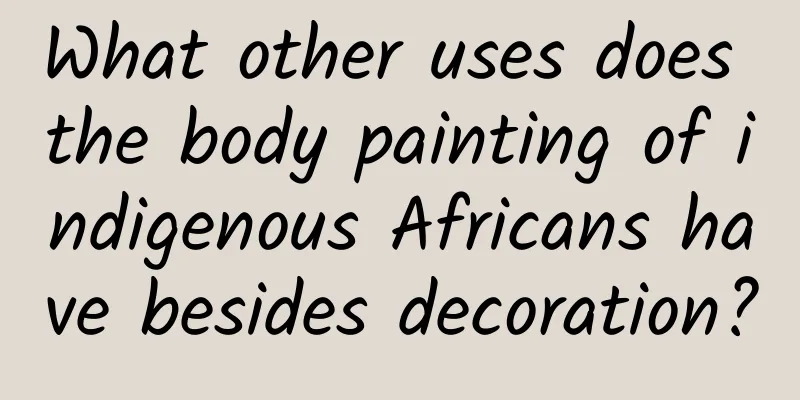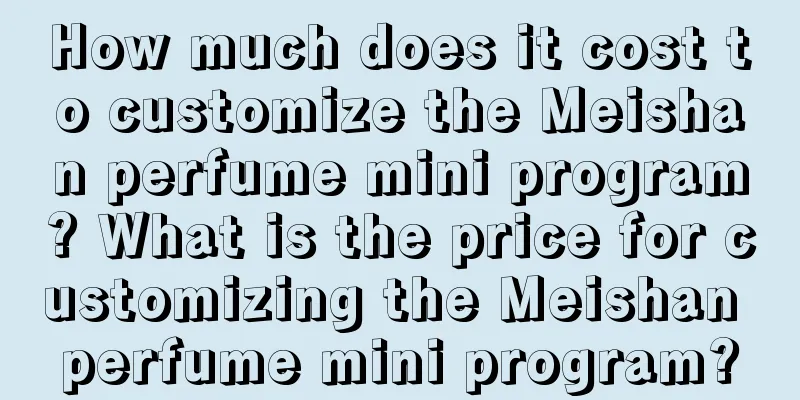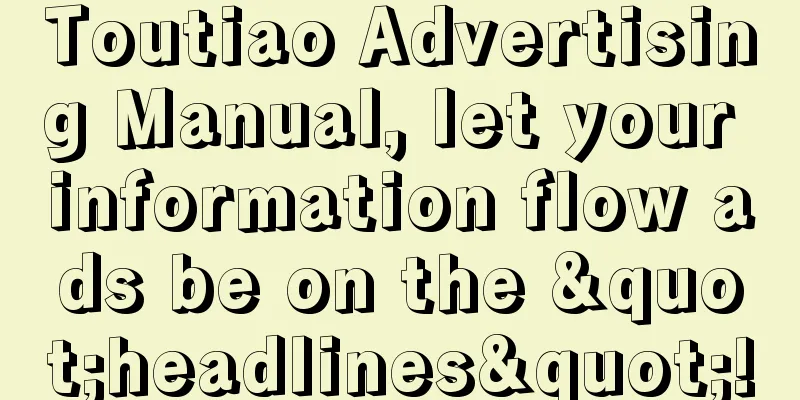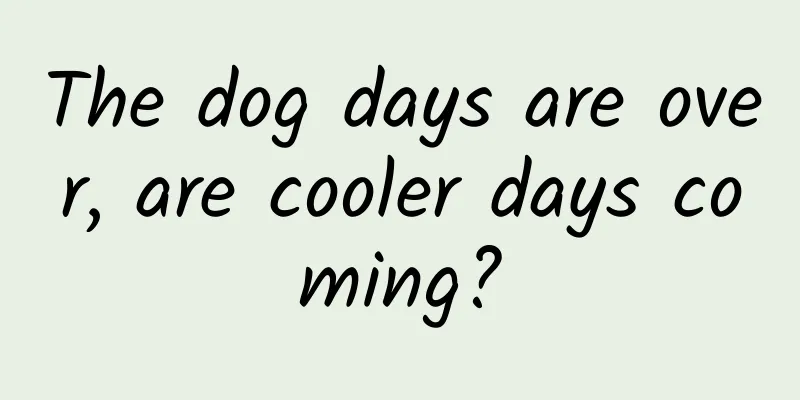If you often have these 5 thoughts, it means you are wasting yourself! Please stop immediately
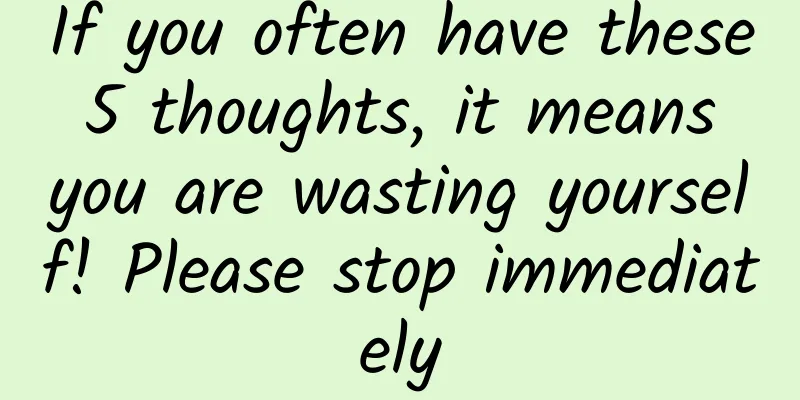
|
Have you ever wondered why you sometimes make some regretful decisions on impulse? Why do you sometimes become inexplicably obsessed with an idea and always need to be reminded by others before you realize that you have gone off the deep end? Copyright images in the gallery. Reprinting and using them may lead to copyright disputes. In fact, many of our seemingly "sudden" ideas or "impulsive" decisions may have some psychological effects behind them that you are not aware of, causing us to fall into invisible thinking traps without realizing it. Today, let’s take a look at the psychological effects behind 5 common thinking traps and how to make our decisions, emotions, and lifestyles more rational. Trap 1: “I knew this would happen” Many of us have been wise after the event. When something happens, we sometimes say, "I knew it would be like this." Whether it’s a stock surge, a failed test, or learning the plot of a TV show, we always feel that these results are "obvious" when we look back on them, but do you really know them in advance every time? This phenomenon is called Hindsight Bias in psychology, commonly known as "hindsight bias", which refers to the tendency of people to exaggerate their original guesses about an event after learning the outcome of the event. In other words, for some events with objectively unpredictable outcomes, people tend to firmly believe afterwards that they "knew the outcome would be like this", which manifests as an overconfident tendency, believing that they have always made accurate judgments. In addition, hindsight bias may also manifest as "memory distortion" , that is, mistakenly believing that one had said it would happen, and "necessity", that is, believing that the result is destined to happen, but in fact things may have developed in a different direction. Hindsight bias is one of the most widely studied mental traps in psychology . There are numerous papers that have mentioned this effect, and it has been verified among people of all ages in different cultural backgrounds and in various industries. But hindsight bias is not inevitable. Psychologists have proposed two effective ways to avoid it: · Get professional knowledge: Research has found that experts with professional knowledge in the field are less likely to have the phenomenon of "hindsight bias" than laymen. Therefore, when we are faced with important decisions, we can better avoid hindsight bias by consulting professionals in related fields or acquiring professional knowledge in the field through self-study. Consider the opposite outcome: When making a decision, we can try to ask ourselves, "What would happen if the outcome was the opposite?" This strategy can activate the brain's weighing of other possibilities and prevent the brain from stopping thinking about other possibilities after confirming a certain point of view. Trap 2: "If you have it, I can’t imagine how happy I am.” In life, we often have such thoughts: "If I buy the latest version of the tablet, my studies will definitely improve by leaps and bounds!" "If my job is so easy, life will be so happy." But the reality is: we buy tablets more for entertainment than for learning. Even if we change to an easy job, we start to worry about other things instead. These ideas actually reflect a common phenomenon. We often overestimate the impact of a single factor on the overall happiness of life and ignore other important factors. This is called focusing illusion in psychology . The most typical example of the focal illusion is that people tend to think that having money will make them happier. However, a study in 2006 by Daniel Kahneman, the Nobel Prize winner in economics, found that the impact of high income levels on happiness in life is relatively weak, and the factors that have a greater impact are actually relative income and disposable time. Because he found that even though the national income has increased significantly, people's average subjective happiness has not increased accordingly. However, when we find that we have higher income than others around us, our subjective happiness becomes significantly higher. At the same time, regardless of income, spending more time on leisure activities often leads to higher happiness. This shows that many times, excessive emphasis on a single factor can easily lead us to overestimate the impact of this factor on goals and results. So, when we find ourselves trapped in the idea that "life will be better if we get something", try to look back at the things in the past that made you look forward to it but did not bring lasting happiness, and remind yourself not to be blinded by short-term wishes. Only by looking at life from a comprehensive perspective can we find a more lasting source of happiness. Trap 3: “Such an obvious mistake, How come I didn’t notice?” Have you ever encountered this situation: you firmly believe that a certain diet is good for your health and find a lot of evidence, but in the end you find that it has little effect or even has side effects. Then you realize that this information was also mentioned in the article you read, but you ignored it for some reason. In psychology, this situation may be a manifestation of confirmation bias, which refers to our tendency to seek, interpret, and remember information that fits our existing views, while ignoring or underestimating evidence that contradicts our views. This can cause us to have blind spots when making decisions because we selectively accept information instead of fully evaluating all possibilities. Confirmation bias is a common thinking trap. Psychologists believe that humans, as social animals, tend to interpret social realities in a way that is consistent with their own beliefs, which helps others reach a consensus and helps individuals predict future developments. However, such practices are prone to confirmation bias, causing people to be stubborn and lack objectivity and rationality. Therefore, we can consciously pay attention to and understand opinions that differ from our own , and look for supporting evidence for the opposing opinions, rather than refute or ignore them in our first reaction. Secondly, when facing more important decisions, we can try to "think in reverse", that is, assume that our original opinions are wrong, and then find evidence to support this assumption. This process can help us break the inherent framework of self-cognition and avoid confirmation bias. Trap 4: "Why do I always bring an umbrella? It won’t rain.” Have you ever heard the saying, “Every time I bring an umbrella, it never rains” or “Every time I take responsibility, something goes wrong with a project”? Psychologists believe that the reason why the false correlation effect is so common is that our brains are naturally wired to find patterns and connections between things. When two things occur simultaneously or one after another many times, we naturally think that there is a connection between the two. Therefore, when we find that we have spontaneously formed a causal relationship for certain things in our minds, we can adopt a questioning attitude and consider whether there are other possibilities and more complex factors, or whether it may just be a coincidence , so as to avoid the thinking trap brought about by the false correlation effect and look at complex problems more rationally. Trap 5: “This is too good a deal! Buy it, buy it, buy it.” Suppose you want to buy a drink now, and the menu gives you three price options: small, medium and large. The small cup may seem not cost-effective, and the large cup is too expensive, so you will think that the medium cup is the most suitable choice. But have you ever thought that this might be intentional? The price of the medium cup is designed to make you feel that you are getting "value for money", and the other options are just to "induce" you to think that the medium cup is more cost-effective. Behind this is actually a common psychological phenomenon called the Decoy Effect, which refers to when we find it difficult to choose between two options, adding a "decoy" option, that is, an option that looks inferior or uneconomical, will affect our final decision and make us more inclined to choose one of the original options. Merchants often use this effect to guide consumers to buy the products they want to sell. For example, when shopping online, the same product often has many different packages. If you calculate carefully, you may find that the quantity and price of some products appear to be more cost-effective, while other options are obviously not cost-effective. This is a marketing design that uses the bait effect. So, how do we avoid falling into the trap of the decoy effect? First, we must realize that more choices do not always mean better decisions. Second, we should try to make choices based on our own needs and budget, rather than being lured by "better choices". In short, thinking bias is part of human cognition. Avoiding these traps does not mean completely eliminating them. Acknowledging their existence and actively dealing with them can help us better understand ourselves and this complex world. After seeing through these thinking traps, we can not only make more rational choices, but also experience a higher degree of autonomy in life. So, next time you are faced with a big decision, remember to stop and reflect: Is your choice really rational, or is there some psychological effect that is quietly influencing you? References [1] Roese, NJ, & Vohs, KD (2012). Hindsight bias. Perspectives on psychological science, 7(5), 411-426. [2] Kahneman, D., Krueger, AB, Schkade, D., Schwarz, N., & Stone, AA (2006). Would you be happier if you were richer? A focusing illusion. science, 312(5782), 1908-1910.[3] Peters, U. (2022). What is the function of confirmation bias?. Erkenntnis, 87(3), 1351-1376. Planning and production Author: Chen Yufeng, Master of Developmental and Educational Psychology Reviewer: Yang Xiaoyang, Associate Professor, School of Psychology, Sichuan Normal University Planning丨Ding Zong Editor: Ding Zong Proofread by Xu Lailinlin |
<<: #千万IP创科学热门# The “crocodile” in Shanxi is not actually a crocodile?
>>: Pomegranates, plums, apples, persimmons... Can we eat the fruits from green belts?
Recommend
Exploring Antimatter: New Energy for Future Interstellar Travel
Scientists believe that after the Big Bang, two u...
After skiing a few times, I was addicted!
appendix: 1. Although skiing is fun, it is also a...
How does the South-to-North Water Diversion Project achieve the goal of “water flowing to higher places”?
The terrain of the East Route Project of South-to...
They are both hairy crabs, so why are those from Yangcheng Lake more expensive? It’s really not a gimmick!
"Children, don't be greedy, after Laba, ...
Electric Technology Car News: Both the appearance and connotation make you give up Korean cars. Which one is better, the Tiggo 7 or the Roewe RX5, both domestic high-quality SUVs
In the Chinese SUV market, which is like a flouri...
Finally supports multiple devices online at the same time! Detailed experience of the new version of WeChat
WeChat has a new version. You know what, this upd...
WeChat mini program provident fund business, how to withdraw provident fund on the mini program?
Friends in Guangdong who want to withdraw their p...
Why did Xunlei’s market value shrink by nearly 2.2 billion after its listing?
Although you are listed, your continued decline h...
What happened with the United States withdrawing from the WHO? When will the United States withdraw from the WHO?
What happened with the United States withdrawing ...
A comprehensive analysis of product operations!
If a product is produced but cannot fully reach u...
When will the 2020 college entrance examination score line be announced? 2020 Anhui College Entrance Examination Results Release Query Time
After more than ten days of intensive review, the...
Tesla Model Y, BYD Tang EV and Arcfox Alpha T: Which pure electric long-range SUV is better?
Looking at the new energy vehicle companies estab...
The urgency of video companies’ transformation to OTT can be seen from the low-price sale of Ku6
Recently, the long-established video website Ku6 ...
A brief discussion on Baidu, 360, Sogou, and Soso search bidding promotion
Friends in the bidding industry may have multiple...
Is eating 200 of them equivalent to taking a chest X-ray? Can eating this radioactive fruit actually make people happy?
Expert in this article: Wang Silu, National Senio...
